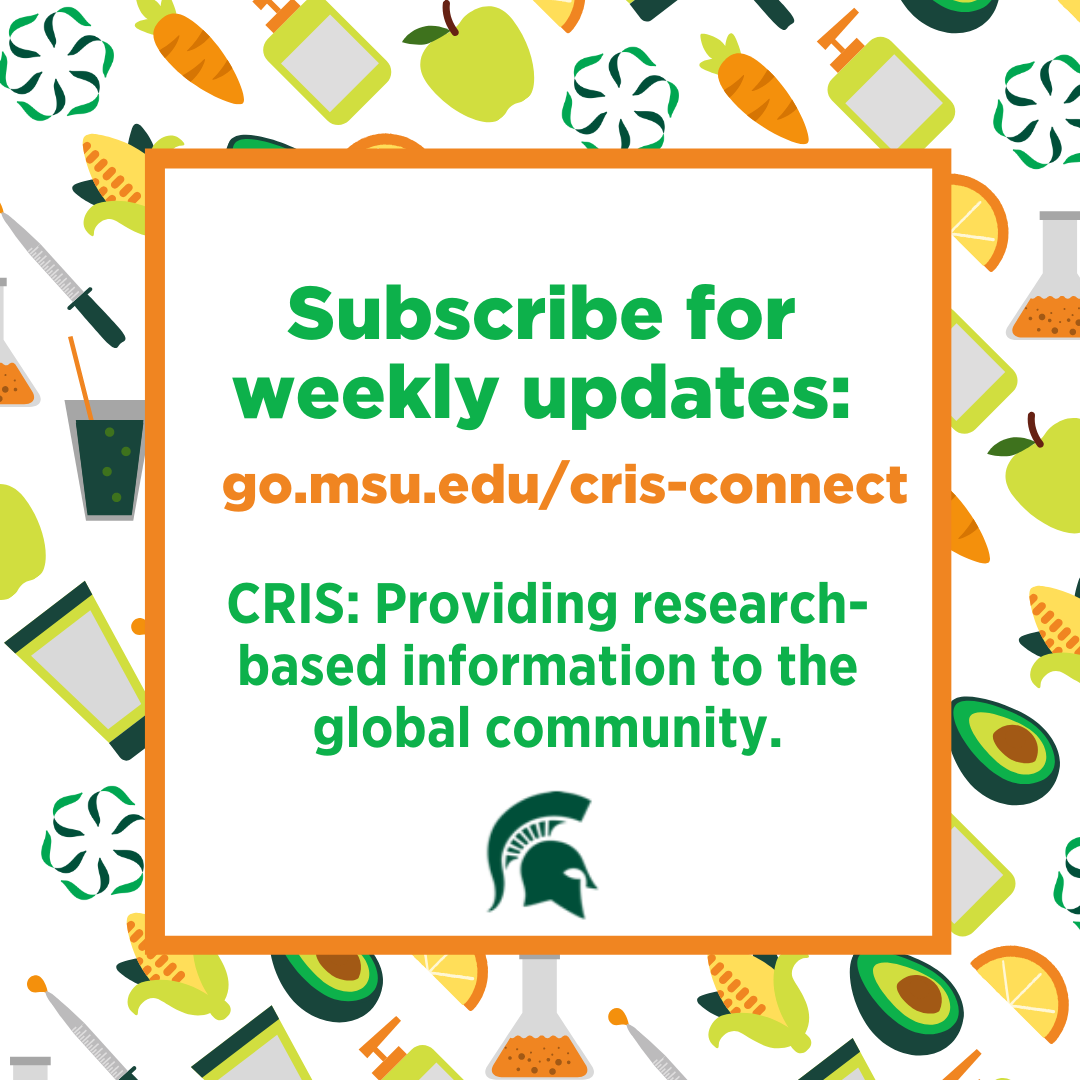Vaccine Safety – Background
In this series, we're exploring vaccines, the ingredients found in vaccines, and vaccine safety. In this post, we take a look at vaccines and how they work.

What are vaccines?
A vaccine is a biological substance called a biological preparation designed to provide our body with active immunity to particular infectious diseases when appropriately administered.
What do vaccines do?
Vaccines stimulate immune memory. Once we've received a vaccine, our body's immune system can recall a specific pathogen's identity, even years later, and effectively fight the pathogen.
How do vaccines work?
When the vaccine enters our body, it contains safe levels of agents, ingredients, and sometimes attenuated (weakened) or inactivated pathogens. The vaccine mimics an infection and activates our immune system to produce specific antibodies that recognize and neutralize or destroy these toxins or pathogens.
More importantly, the vaccine-activated immune system will generate memory immune cells that remember how to combat the pathogen on future exposure.
So, when we encounter the infectious disease later, our body knows how to effectively react to the pathogens that cause the disease and can quickly destroy the pathogens before they cause serious illness.
It can help to think of vaccines like an army training new recruits. Like training new recruits, vaccines transform our uninitiated white blood cells into experienced soldiers called, “memory” white blood cells. Memory white blood cells have the tools (antibodies) needed to efficiently eliminate invading infectious organisms such as bacteria, viruses, and parasites.
Every day our white blood cells serve as scouts on the lookout for invading organisms. If our scouting white blood cells find such an invader prior to us receiving a vaccination, we’re without a trained army of memory white blood cells to help defend us. Because it takes time for these white blood cells to multiply and expand into an army, it can take a week or weeks to eliminate such an infectious invader before we feel well again. In extreme cases, the invaders can win resulting in death.
However, if we’ve been vaccinated against a specific infectious organism, we will develop a trained army of memory white blood cells armed with the correct weapons (antibodies) to defend our body by destroying the infectious organism before showing symptoms of a disease, or we may exhibit very mild symptoms.
Are vaccines safe?
Vaccines do not contain harmful levels of an infectious organism or harmful levels of an active agent and the scientific community agrees vaccines are safe for most people.
Before wide distribution, an FDA-approved vaccine goes through extensive safety testing and evaluations in laboratories and clinical trials in human volunteers to ensure its safety and efficacy.
However, certain people with allergies or health conditions cannot receive vaccines.
We will discuss specific vaccine ingredients and their safety in more detail in future blogs.
What types of vaccines are commonly used?
There are many infectious diseases that are caused by different pathogens; no one vaccine can inoculate against all diseases. Also, there are several different technologies or approaches for developing various types of vaccines. Researchers have developed different vaccines to protect against infectious pathogens.
Attenuated vaccines use a weakened form of the pathogen to trigger an immune response. These vaccines are highly potent and often provide long-lasting protection. For example, this type of vaccine protects against measles, mumps, rubella, smallpox, and more (1).
Inactivated vaccines use a dead version of the pathogen to trigger an immune response. These vaccines often require booster shots to provide ongoing immunity. For example, this type of vaccine protects against polio, flu, hepatitis A, and more (1).
Subunit, recombinant, polysaccharide, and conjugate vaccines use specific pieces of a pathogen to trigger an immune response. These pieces are often the pathogen's energy source like the protein or sugar or can be the cell casing. These vaccines often require boosters to remain effective. For example, this type of vaccine protects against HPV, whooping cough, shingles, and more (1).
Toxoid vaccines target the toxin produced by a pathogen rather than the pathogen itself to prevent infectious disease. These may require boosters to remain effective. For example, this type of vaccine protects against diphtheria and tetanus (1).
RNA or mRNA vaccines give instructions to our cells to produce harmless proteins that trigger an immune response. This technology is used in several recently developed vaccines to protect against COVID-19 infections (1).
When should children and adults get vaccinated?
The U.S. Centers for Disease Control and Prevention (CDC) and the World Health Organization (WHO) have outlined specific vaccination schedules for children, adults, and health care providers (1,2).
Since all individuals have different needs, it's best to work with your primary care physician to get on the vaccination schedule recommended for your unique situation.
Why should we get vaccinated?
Vaccines protect our community and us from the spread of deadly, infectious diseases. Giving our body's immune system the tools needed to defeat disease can help us and our community live longer, healthier lives.
While vaccines are very effective, they are not 100% effective 100% of the time in 100% of the population, nor can 100% of people have vaccines due to health conditions. Due to this limitation, everyone who can receive vaccinations should receive vaccinations to allow our population to develop protective herd immunity.
Herd immunity occurs when enough people develop immunity to an infectious pathogen, thus preventing the pathogen from propagating and spreading. When enough people have immunity, the entire community is protected, even those individuals who cannot receive vaccinations or for people who for some reason didn't receive immunity from the vaccine.
The good news.
Researchers continue to develop new vaccination technologies to help us combat serious diseases. These new vaccination technologies can help us live healthier, longer lives because we know vaccines safely protect our community and us from infectious diseases.
When we choose to get vaccinated, we choose to keep ourselves and our community healthy and safe



 Print
Print Email
Email



